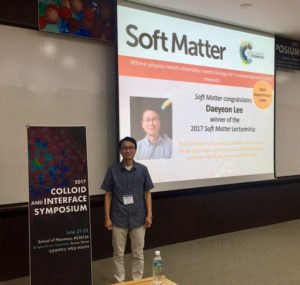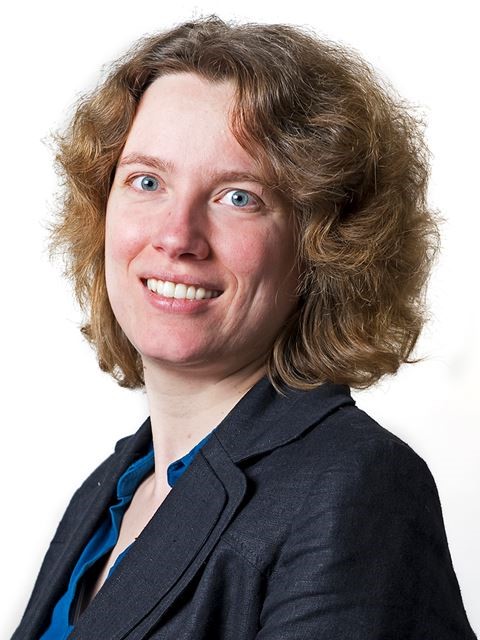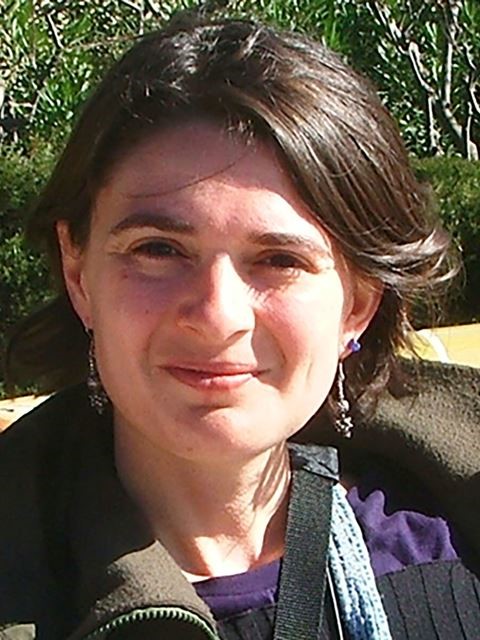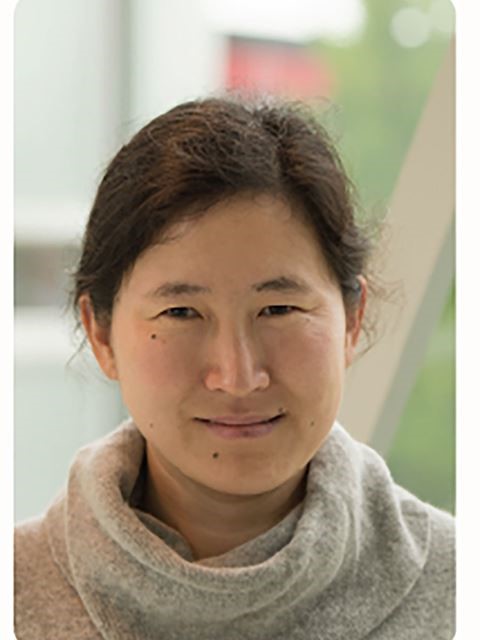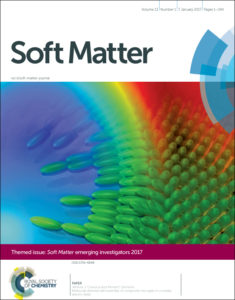Outstanding Reviewers for Soft Matter in 2018
We would like to highlight the Outstanding Reviewers for Soft Matter in 2018, as selected by the editorial team, for their significant contribution to the journal. The reviewers have been chosen based on the number, timeliness and quality of the reports completed over the last 12 months.
We would like to say a big thank you to those individuals listed here as well as to all of the reviewers that have supported the journal. Each Outstanding Reviewer will receive a certificate to give recognition for their significant contribution.
Professor Arindam Banerjee, Indian Association for the Cultivation of Science ORCiD: 0000-0002-1309-921X
Professor Peter Beltramo, University of Massachusetts Amherst
Dr Ronald Larson, University of Michigan ORCiD: 0000-0001-7465-1963
Professor Zichen Li, Peking University ORCiD: 0000-0002-0746-9050
Professor Yan Qiao, Institute of Chemistry, CAS ORCiD: 0000-0003-1069-7756
Professor Dejun Sun, Shandong University
Professor Yilin Wang, Institute of Chemistry, CAS ORCiD: 0000-0002-8455-390X
Professor Roland Winkler, Forschungszentrum Jülich ORCiD: 0000-0002-7513-0796
Dr Lixin Wu, Jilin University ORCiD: 0000-0002-4735-8558
Dr Yun Yan, Peking University ORCiD: 0000-0001-8759-3918
We would also like to thank the Soft Matter board and the soft matter research community for their continued support of the journal, as authors, reviewers and readers.
If you would like to become a reviewer for our journal, just email us with details of your research interests and an up-to-date CV or résumé. You can find more details in our author and reviewer resource centre












